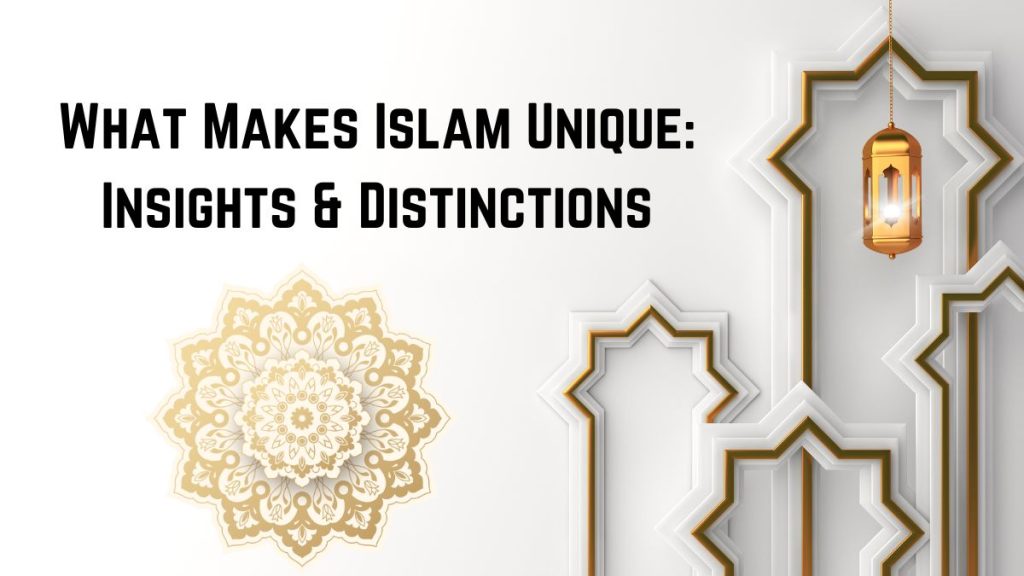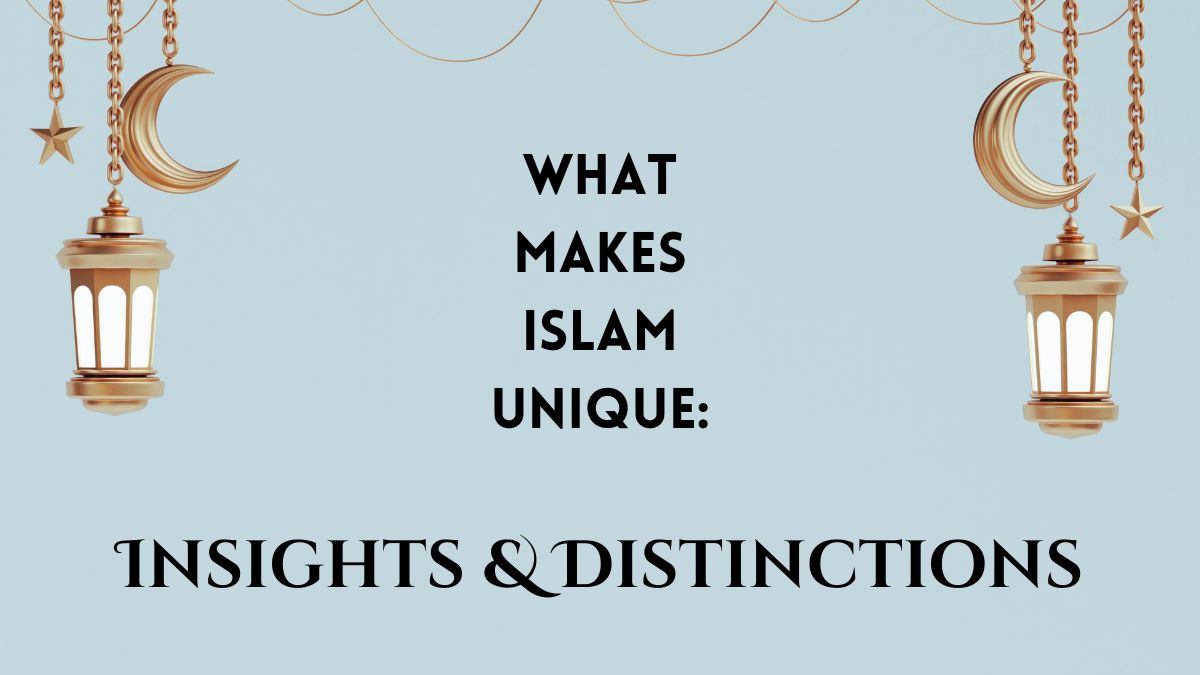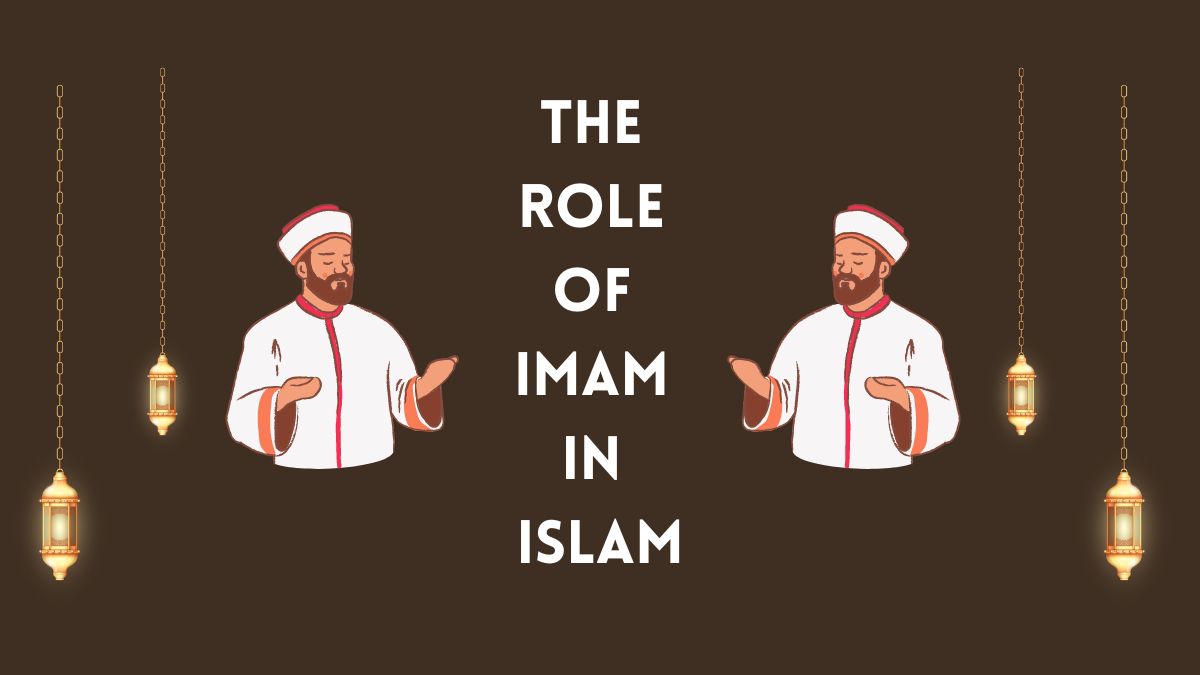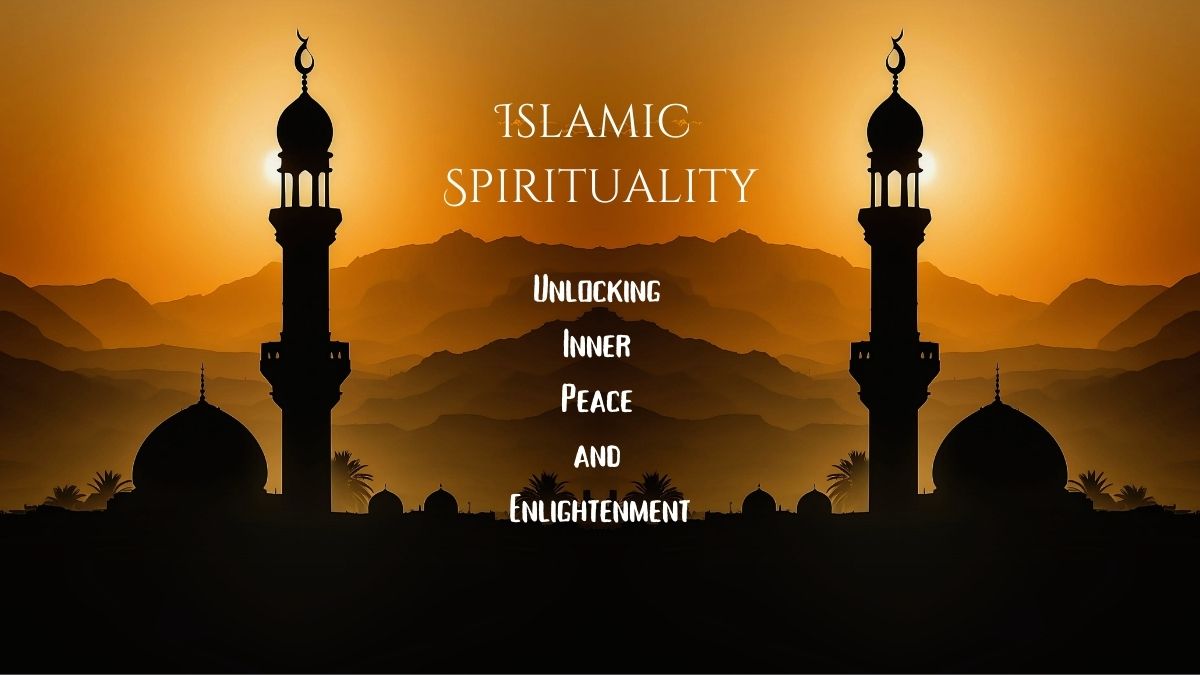Islam is unique due to its comprehensive lifestyle guidelines and the concept of Tawhid, the oneness of Allah. It integrates daily life with spiritual growth, affecting every aspect of a believer’s life.
As one of the world’s major religions, Islam offers a distinct perspective that encompasses every facet of life, from dietary laws to social justice principles. It emphasizes a direct relationship between the individual and God, without intermediary clergy, which democratizes religious practice and spiritual responsibilities.
The religion’s texts, the Quran and Hadith, guide millions in personal conduct, legal matters, and communal ethics. This holistic approach distinguishes Islam by blending worship, community service, and personal behavior into a cohesive framework of life. This integration helps followers maintain a constant awareness of ethical considerations in daily activities, fostering a community deeply interconnected by shared values and practices.
Related Article: The Power of Islam: Unleashing its Transformational Potential
You may also read: Islam And Modernity: Bridging Tradition and Progress

Related Article: Peace in Islam: Understanding its Amazing Transformational Power
You may also read: Islamic Lifestyle Essentials: Nurturing Faith & Well-being
The Essence Of Tawheed In Islam
The Essence of Tawheed in Islam stands as the religion’s foundation. It shapes the core belief system and sets Islam apart from other faiths. Tawheed, or the concept of monotheism in Islam, is not just a belief. It is a way of life. Through Tawheed, Muslims acknowledge the supremacy of one God. This principle influences daily actions, ethics, and the Islamic worldview.
Concept Of Oneness
The Concept of Oneness is central to Islamic teaching. Islam asserts that there is only one God, Allah. This belief in a single, indivisible deity is the heart of the Muslim faith. It guides a Muslim’s worship, behavior, and purpose. The Quran, Islam’s holy book, speaks often of God’s oneness. This concept is simple yet profound. It fosters a deep connection between the believer and God.
Contrast With Polytheistic Beliefs
In contrast, polytheistic beliefs hold that multiple gods exist. This is different from Tawheed. Polytheistic practices involve worshiping various deities, each with their own powers and domains. Islam’s clear rejection of such beliefs strengthens the Tawheed concept. It emphasizes the unique nature of Allah, who has no partners or equals. The distinction is clear. Islam calls for exclusive devotion to one God, rejecting all forms of idolatry and polytheism.
Quran: The Unaltered Revelation
Islam stands out among world religions for its intense focus on the Quran. Muslims believe the Quran is the final message from God, unchanged since its revelation. This sacred text guides every aspect of a Muslim’s life. Let’s explore what makes the Quran unique, particularly its preservation and linguistic prowess.
Preservation Of Scripture
The Quran’s preservation is unmatched. Muslims assert that every word remains as it was revealed over 1,400 years ago. This claim holds great significance in Islam’s uniqueness.
- Memorization: From the Prophet’s time, individuals have memorized the entire Quran. These memorizers are known as ‘Hafiz’.
- Written Documentation: Early Muslims took great care to record the Quran. They used materials like parchment and bone.
- Consistency: Copies of the Quran across the world are identical. This uniformity shows the effort made to keep the text pure.
Linguistic Miracle
The Quran’s language is another aspect of its distinction. It’s not just Arabic; it’s a higher form that challenges even skilled linguists.
- Unique Composition: The Quran’s verses, called ‘Ayahs’, contain a rhythm and a style not found in other Arabic texts.
- Depth of Meaning: Each word in the Quran can have multiple layers of interpretation, giving it profound depth.
- Eloquence: The eloquence of the Quran is so high that it’s considered a miracle by Muslims. It has a beauty that touches listeners deeply.
The Quran’s linguistic miracle and preserved scripture make Islam unique. These elements fuel the faith of billions of Muslims worldwide.
Prophetic Tradition And Finality
The Prophetic Tradition and Finality in Islam stand as a core element that distinguishes it from other faiths. This concept revolves around the belief in the prophets sent by God and the finality of prophethood with Muhammad (PBUH). Delving into this subject reveals the depth and singularity of Islam’s connection to its prophets, especially the last one, Muhammad (PBUH).
Seal Of The Prophets
Muslims believe Muhammad (PBUH) is the Seal of the Prophets. This title signifies the end of a long line of messengers. It confirms the completion of divine messages to humanity. The concept of finality in prophethood underlines the importance of following the Quran. The Quran is the last revelation to guide all.
Sunnah: The Lived Example
The Sunnah, or the lived example of Prophet Muhammad (PBUH), provides Muslims with a practical guide. It complements the Quranic teachings. The Sunnah encompasses his sayings, actions, and approvals. Muslims across the world strive to emulate his exemplary life. This makes the Sunnah a vital source of Islamic law and ethics.
Related Article: Islamic Spirituality: Unlocking Inner Peace and Enlightenment
Comprehensive Legal System And Ethics
The religion of Islam stands unique in its detailed and comprehensive legal system, intertwined with a strong ethical framework. This system guides not only spiritual aspects but also dictates daily practices and societal laws. The intricacy of Islamic law and ethics offers a holistic approach to living a balanced life, both personally and socially.
Shariah Law: Beyond Common Misconceptions
Shariah law is often misunderstood in popular discourse. It is a divine legal framework that governs the life of every Muslim. Shariah law covers all aspects of life, from personal matters to financial transactions. It is not just a set of punitive laws but includes guidance on charity, prayer, and fasting. Shariah aims to protect five basic necessities: life, religion, intellect, lineage, and property.
- Protection of Life: Shariah emphasizes the sanctity of human life.
- Freedom of Religion: It ensures individuals can practice their faith freely.
- Preservation of Intellect: Islam encourages learning and reflection.
- Safeguarding Lineage: Family and societal relations are of great importance.
- Security of Property: Personal possessions are respected and protected.
Moral Framework And Daily Conduct
In Islam, ethical conduct is not separate from the legal system. Daily life is imbued with a sense of morality derived from the teachings of the Qur’an and the Hadith. Muslims are encouraged to embody qualities such as honesty, patience, and generosity. These values are not just idealistic but are enforced through Shariah, creating a society focused on justice and compassion.
- Honesty: Truthfulness is key in all dealings.
- Patience: Muslims must remain patient in trials.
- Generosity: Giving to others is highly rewarded.
The moral code in Islam goes hand in hand with legal rulings, ensuring that every act is done with pure intentions and ethical considerations. Personal development and societal welfare are thus deeply interconnected in the Islamic worldview.
Related Article: Unlocking the Power of Ummah Significance
You may also read: Eid Ul Fitr: Celebrating Unity, Joy, and Tradition

Related Article: The Power of Islam: Unleashing its Transformational Potential
You may also read: Tawheed: The Essence of Islamic Monotheism Explained
Spirituality Intertwined With Daily Life
The unique aspect of Islam lies in its holistic approach to spirituality, seamlessly integrating it into the fabric of daily life. This integration provides Muslims with a constant reminder of their faith, shaping their actions and decisions throughout the day. Let’s delve into the core practices that infuse spirituality into the daily lives of Muslims.
Five Pillars Of Practice
The Five Pillars of Islam form the foundation of a Muslim’s faith and practices. These pillars are not just rituals; they are acts of worship that guide a Muslim’s daily life. They embody the essence of spirituality in Islam, making it a living, breathing faith.
- Shahada: The declaration of faith is a simple, yet profound statement, confirming belief in one God and Muhammad as His messenger.
- Salah: The five daily prayers are moments of direct connection with God, punctuating the day with reflection and worship.
- Zakat: Giving alms purifies wealth, supports the needy, and fosters a sense of community and compassion.
- Sawm: Fasting during Ramadan teaches self-discipline, empathy, and spiritual growth.
- Hajj: The pilgrimage to Mecca is a journey of a lifetime, uniting Muslims worldwide in worship and brotherhood.
Sufism: The Mystical Dimension
Sufism represents the inner, mystical dimension of Islam. Sufis seek a direct, personal experience with the Divine. Their practices include chanting, meditation, and poetry, aiming to purify the heart and soul. Sufism teaches love, peace, and the pursuit of spiritual harmony.
Sufism’s impact is evident in the daily life of its followers. Sufi practices encourage mindfulness and a deep sense of connection to God. This spiritual path offers a journey to self-discovery and inner peace, transcending the boundaries of the physical world.
To know more about What Makes Islam Unique>>
Related Article: Qurbani in Islam: A Sacred Act of Devotion & Sacrifice
You may also read: Hijamah: Ancient Healing Practice with Modern Benefits
Conclusion
Islam stands out due to its comprehensive lifestyle guidance and its emphasis on community and spirituality. With its distinct practices and profound historical roots, the faith continues to shape lives worldwide. Embrace its uniqueness and you may find a path that resonates with your own quest for meaning.
Related Article: How Does Islam Affect Daily Life: Unveiling the Impact
Related Article: How to Be a Better Muslim: 5 Empowering Habits





9 thoughts on “What Makes Islam Unique: Insights & Distinctions”